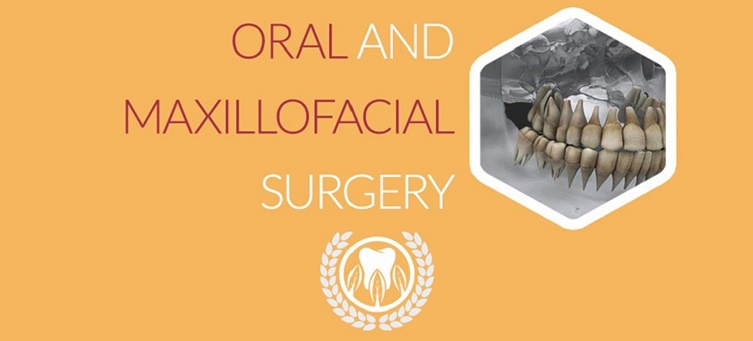
Oral and Maxillofacial surgery is unique in requiring a dual qualification in medicine and dentistry, and is often seen as the bridge between medicine and dentistry, treating conditions that require expertise from both backgrounds such as head and neck cancers, salivary gland diseases, facial disproportion, facial pain, temporomandibular joint disorders, impacted teeth, cysts and tumors of the jaws as well as numerous problems affecting the oral mucosa such as mouth ulcers and infections
Course outline:
The Educational Program Objectives:
- To develop the skills of the resident through didactic preparation, clinical experience, and hospital training; to ultimately engender a state-of-the-art maxillofacial surgeon
- To foster the attitude of continued scientific inquiry, intellectual aspirations, and pursuit of excellence for the remainder of the individual’s career
- To develop a profound sense of responsibility to the academic community, and to one’s patients
- To share one’s education, training and experience through participation in scientific meetings and through publications
Acquired competencies:
- Diagnosis and surgical management of:
- Soft and hard tissue diseases of the oral cavity, head and neck
- Precancerous lesions, benign and malignant neoplasms of the head and neck
- Cranio-maxillofacial trauma and post-traumatic reconstruction
- Congenital and acquired cranio-maxillofacial deformities with post-reconstructive rehabilitation
- Temporomandibular joint disorders
- Life-threatening emergencies
- Intravenous sedation and intubated general anesthesia
These broad objectives are realized by specialty courses, daily contact with the teaching staff, interactions with patients, requirements for scientific publications, and research.
